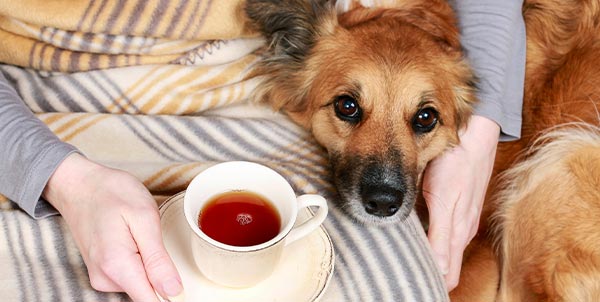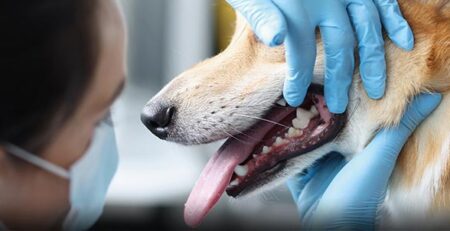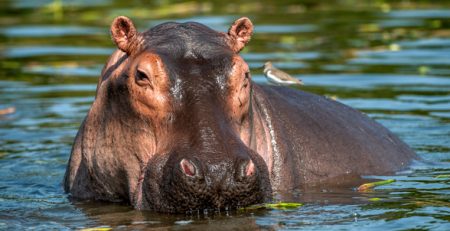Table of Contents
Cold weather? It is not just a figure of speech. Well, yes: even dogs and cats suffer from the cold and are at risk of frostbite and hypothermia.
If your dog is one of those who tolerates low winter temperatures poorly and you want to prevent hypothermia and frostbite, we have some warm, warm tips for you.
The common belief that because of their fur, dogs and cats are more resistant to the cold than humans is correct but only partially.
Incidentally, their cold tolerance may vary according to size, coat, body fat reserves and general health status.
Long-haired dogs tend to be more cold tolerant
Some breeds of dogs are more used to and familiar with winter cold:
-
- the Nordics: Alaskan Malamut, Newfoundland, Finnish Spitz, Finnish Lapp Hund, Keeshond, Samoyede
- the guarding specimens: Caucasian Shepherd, Maremmano, Anatolian Shepherd, Bernese Shepherd
- Mountain ones: St. Bernard, Leonberger, Tibetan Mastiff, Pyrenean dog
- all wolves including the German Shepherd
Conversely, short- or shorthaired dogs are more sensitive to the cold
Precisely because they are less protected and therefore less “furry,” Beagles, Dobermans, Boxers, Rottweilers, and Dalmatians really suffer a lot from the winter cold.
Generally, small or dwarf dogs such as the Pinscher, Dachshund, Chihuahua, and Yorkshire are the most sensitive to low temperatures.
Although they are made for dogs to wear for vanity, aesthetics or fashion, when it is cold weather it is just the case to use them.
In fact, when dogs are particularly sensitive to low temperatures, the function of these garments is really important.
When it’s cold weather, it takes an eye out for dogs with medical conditions
Individuals with diabetes, heart disease, kidney disease, or hormonal imbalances have greater difficulty regulating their body temperature.
Therefore, they are more susceptible to problems related to cold temperatures.
The same applies to senior dogs
Because cold weather can aggravate some medical conditions such as arthritis, using supplements and chondro-protectors helps ailing joints cope with winter.
That is why it is important to have senior dogs checked annually by the veterinarian.
In addition to assessing its general health condition, your veterinarian will indicate the specific products your dog needs.
Winter cold and nutrition
Winter feeding for dogs and cats should include high-calorie, nutritious foods that boost their immunity, thicken their fur, and increase their subcutaneous fat layer.
As a rule, a caloric intake of 15% more than in warmer seasons is recommended.
Always ask your veterinarian for advice about your dog’s nutritional needs during the winter season.
How can you tell if the dog is cold and there is a frostbite onset?
Does the dog or cat have shortness of breath, is breathing poorly, is the skin of the mouth and mucous membranes purplish in color, and are the paws cold, is it moving with difficulty or not moving at all?
He may be showing signs of hypothermia and frostbite.
Do you know what to do in such cases?
If you have this suspicion, on the spot try to keep him awake and active and massage him to reactivate blood circulation.
Do not bathe the animal with hot water because it may go into heat shock.
Rather, consult your Veterinarian immediately.
In this regard, in case of necessity and urgency, we remind you that La Veterinaria Clinic is always open h24 every day including holidays and with First Aid service from 8 pm to 8 am.
For the joy of seeing them HAPPY.











